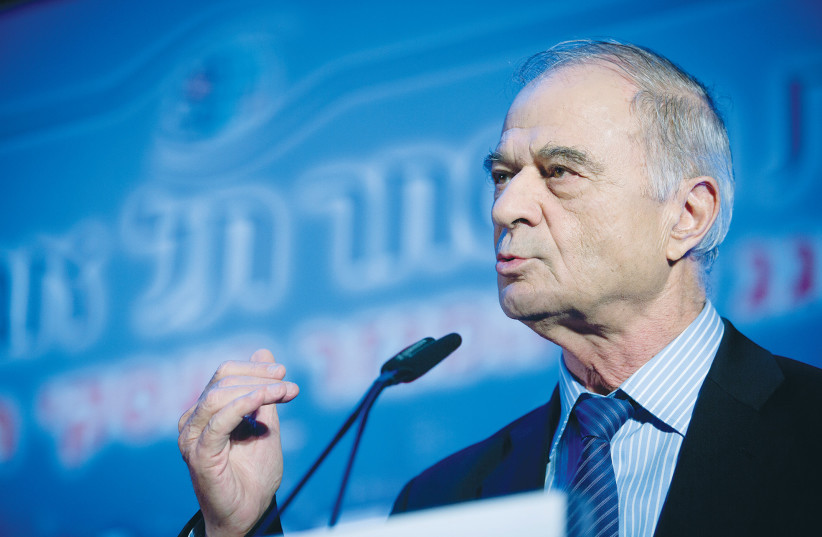It’s an old debating ploy to overstate your opponent’s position to prove how unreasonable the adversary is. Those challenging the Knesset’s recently passed law on the reasonableness standard – the validity of which is now before the High Court – claim that the law cancels all judicial authority to review executive action.
Uriel Lynn is an Israeli lawyer and former MK who served as chairman of the Knesset Constitution, Law, and Justice Committee from 1988 to 1992, and holds a master’s degree from Berkeley Law School. He declares in The Jerusalem Post, in a September 24 opinion piece, that the law deprives Israeli courts of “any authority to assess acts of the executive branch.”
The law does no such thing. It bars courts from nullifying certain executive actions if there is no reason other than the court’s view that the action is “unreasonable.” In this respect, the law mirrors a limitation that is familiar to any student – as Lynn once was – of the American judicial system.
A limitation familiar to the US judicial system
Lynn predicts that application of the new Basic Law legislation “will lead to a deterioration of the civil service” in Israel because it “allows ministers to feel free in appointing civil servants from within their party.” In the US, the executive’s appointment of high-ranking civil servants from the ranks of the majority party is routine. Courts may not interfere in these executive decisions, and any lawsuit challenging such an appointment would be tossed immediately as raising a “political question” that is beyond the court’s authority.
Lynn proves his point by citing the improvident decision of an Israeli transportation minister who refused to make safety belts obligatory as if the only reason to challenge that poor decision was its “unreasonableness.” In the US, a lawsuit invoking a federal statute or challenging the decision as inconsistent with the Administrative Procedure Act is available. No trial court would expect an appellate court to approve a ruling declaring safety belts mandatory because it would be “unreasonable” not to require them.

The reasonableness law does not, as Lynn asserts, place governmental and ministerial decisions “above criticism” and create “a form of tyranny.”
The only “tyranny” it prevents is that of judges who believe that their own standard of “reasonableness” is superior to that of the democratically elected executive and legislature.
The writer is a Washington, DC, lawyer with a home in Jerusalem. He has argued 28 cases in the United States Supreme Court and has taught at leading US law schools including Harvard, Columbia, and Georgetown.
